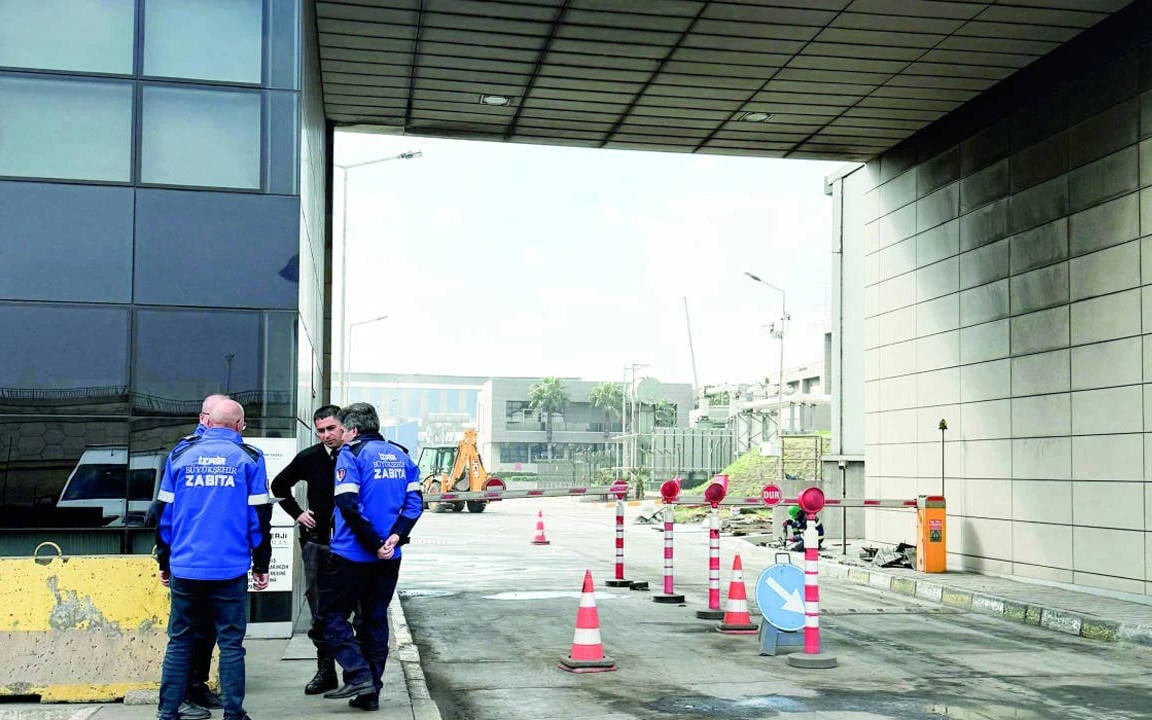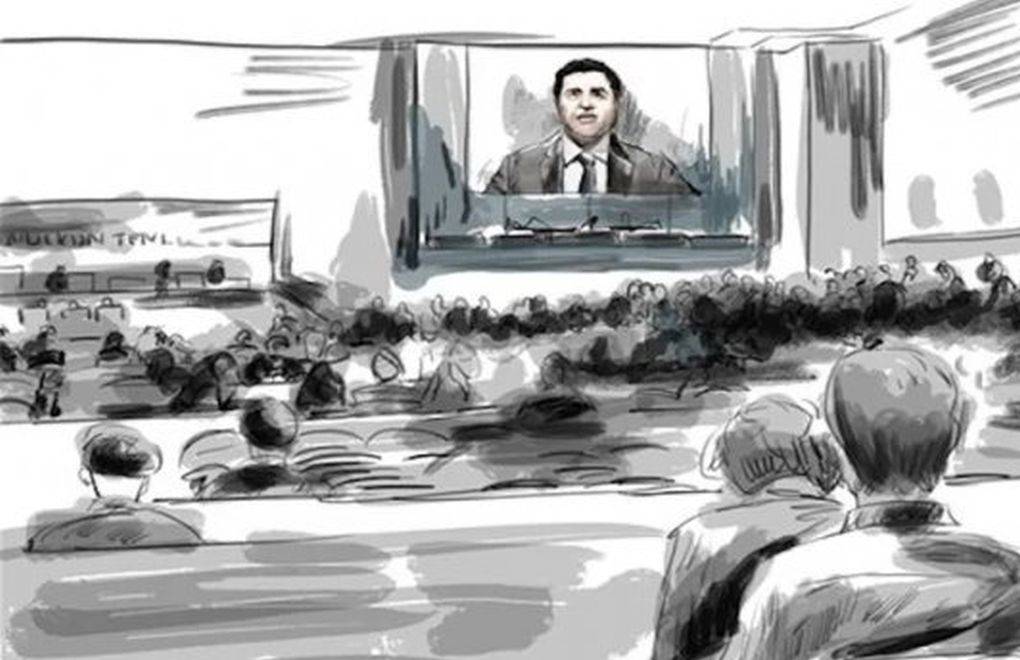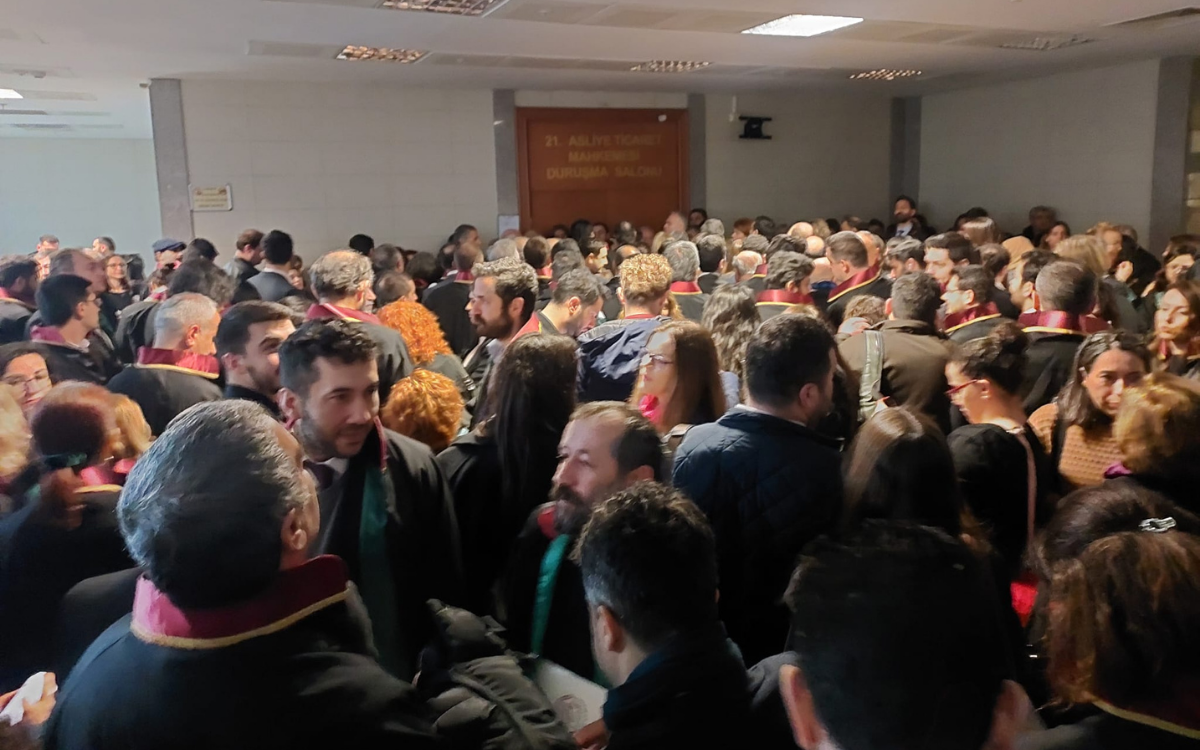Access to a report was blocked four hours after it was published; it was opened 95 days later

Click to read the article in Turkish
An order of access block on a news report about an investigation against a former university president was removed 95 days after it was imposed.
Gaziantep 1st Penal Judgeship of Peace had imposed a block order on a news article on yurthaberleri.net, a local news site based in the southeastern Antep province, about four hours after it was published.
The article was about an investigation against Prof. Ali Gür, then-president of Gaziantep University, for "misconduct" and "forgery of documents."
The grant holder of the outlet, Murat Güneş, had appealed the decision. Handing down its judgment, the Gaziantep 6th Penal Judgeship of Peace has lifted the block.
The appeals court cited the Court of Cassation verdicts
Citing jurisdiction by the 19th Penal Chamber of the Court of Cassation, the court listed the criteria required for the right to information to be exercised lawfully.
Accordingly, the news must be true and up-to-date, there must be a public interest in reporting the news, and there must be an intellectual link between the essence of the news and how it was reported, said the court.
Courts should first examine whether a news report is within the scope of the freedom of the press and expression, it further stated.
When a court receives an application for a refutation, it should determine whether the article in question violates people's honor and reputation and contains false information, even if it does not contain slander, insult or threat, said the appeals court.
If there is such a violation, the court should examine whether the article is within the scope of freedom of expression, it added.
"Public interest"
The purpose of a refutation is to prevent the article in question from causing further aggrievance and make it corrected, the court said, adding that if it is not clearly understood from the content of the news that whether the article constitutes a crime, there is no need for further evaluation.
Stating that "Freedom of the press has a function equivalent to presenting facts that are not already known by people but the facts they have yet to learn and the facts that are in the public interest to be learned," the court ruled for the removal of the access block as the article was later confirmed by the university.
Because the blocked article did not qualify as an attack on the university president's personal rights and was in compliance with the law, the penal judgeship's decision was incompatible with the law and procedure, it further said.
What happened?
Access to yurthaberleri.net's article about the investigation against the university president was blocked on July 30.
The article titled, "Serious investigation about Gaziantep University President Ali Gür" said that a penal and disciplinary investigation for "misconduct" and "forgery of documents" was launched against Prof. Ali Gür, Prof. Dr. Savaş Gürsoy, Prof. Dr. Hilmi Bayraktar, Prof. Dr. Metin Bedir, Prof. Dr.Süleyman Ganidağlı, and Prof. Dr. Mustafa Özakça.
After the report was published, Gür had said on Twitter that "terrorism lovers under the disguise of the press" were slandering him.
"The slanderers will be held accountable before the law. The same lies for four years... Please improve yourselves a little," he had said.
About eight hours after this tweet, Gür shared the order of the access block given by the penal judgeship of peace.
Yurthaber.net then published the documents about the investigation against Gür and appealed the decision.
On September 25, Gür was replaced with Prof. Arif Özaydın by a presidential decree. (HA/VK)
İzmir coal-fired plant continues operations despite court ruling

Executive of pro-Kurdish news agency faces trial for exposing informant’s identity

Trial begins for İstanbul Bar executives over statement on killed journalists

Company manager sentenced for obstructing union rights

The future of media in Turkey: Democratic decline, pressures, and the need for reform





